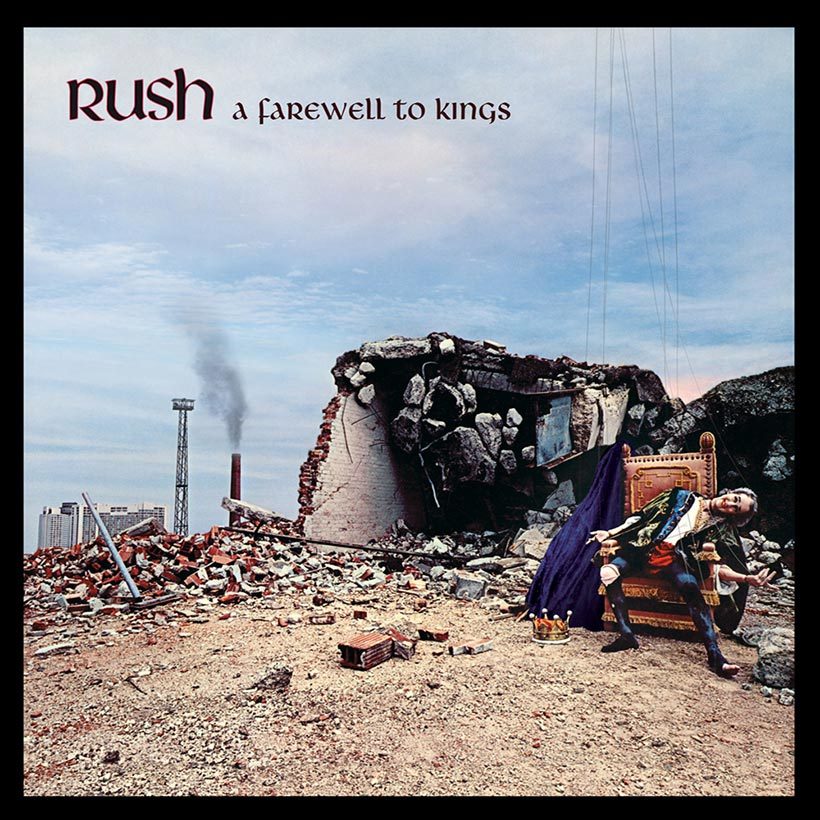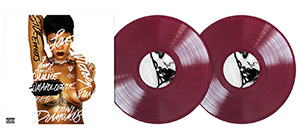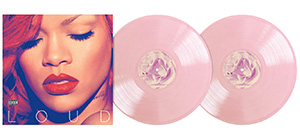‘A Farewell To Kings’: How Rush Became Prog Rock Royalty
Released at the height of punk, ‘A Farewell To Kings’ nevertheless proved that Rush could make music on their own terms, and take it into the charts.

Ask any UK gig-goer from the provinces what mattered in 1977, and they’ll readily observe that the year was as much about AC/DC, Thin Lizzy, and Rush as it was about Sex Pistols, The Clash, and The Damned. For Rush, at that point in time poised to release their fifth album, A Farewell To Kings, the zeitgeist was something of an irrelevance: in later years, the band would pay lip service to fashions with skinny ties, pleated peg trousers, and a surfeit of synthesizers, but for the moment they were operating in a self-sustaining vacuum that reflected, and fed, the elaborate fantasies of a surprising number of (predominantly male) teenagers.
Listen to the 40th-anniversary edition of A Farewell To Kings.
The Canadian trio traveled to Britain in June 1977 to undertake a short UK tour and to record A Farewell To Kings in Monmouthshire’s Rockfield Studios. In the Beyond The Lighted Stage documentary, bassist and vocalist Geddy Lee remarks, “To go over there was really gratifying, because all of our heroes were English rock musicians.” Accordingly, inasmuch as Rush’s debt to Led Zeppelin is palpable, it’s also clear that Lee, guitarist Alex Lifeson and drummer Neil Peart were finessing a vision of their own by the time A Farewell To Kings was underway: specifically, a combination of bold, complex riffing and fantastical lyrics (usually written by Peart), often with historical or sci-fi themes.
In due course, Rush’s lyrics would gradually migrate from the fantastical to the personal, but A Farewell To Kings resounds with lofty concerns, whether it be the Kubla Khan-inspired quest for immortality in “Xanadu” or the deep-space narrative of “Cygnus X-1 Book 1: The Voyage.” Taken in such a context, it’s easy to forget that the “dragons [who] grow too mighty to slay with pen or sword” from “Madrigal” are figurative ones, or that the radio-rock staple “Closer To The Heart” – Rush’s first UK Top 40 hit single – is essentially, “All You Need Is Love” by any other name.
Perhaps most importantly, the album is a vivid reminder that Rush in full flow made an incredibly cheering, uplifting, and engaging noise. Irrespective of taste, you can’t help but be borne aloft by the ringing, yearning, suspended chords of the title track, and the valiant “Xanadu,” nor indeed by Peart’s remorselessly intelligent, cathartic drumming: there is literally no finer fetish for air drummers. They appeal to the part of you that is forever teenage; the part of you that remains keen, excitable, and uncynical; the part of you that relishes the inclusivity of standing shoulder to shoulder with millions of other proud dweebs. If ever there was a people’s band, Rush are those guys.










